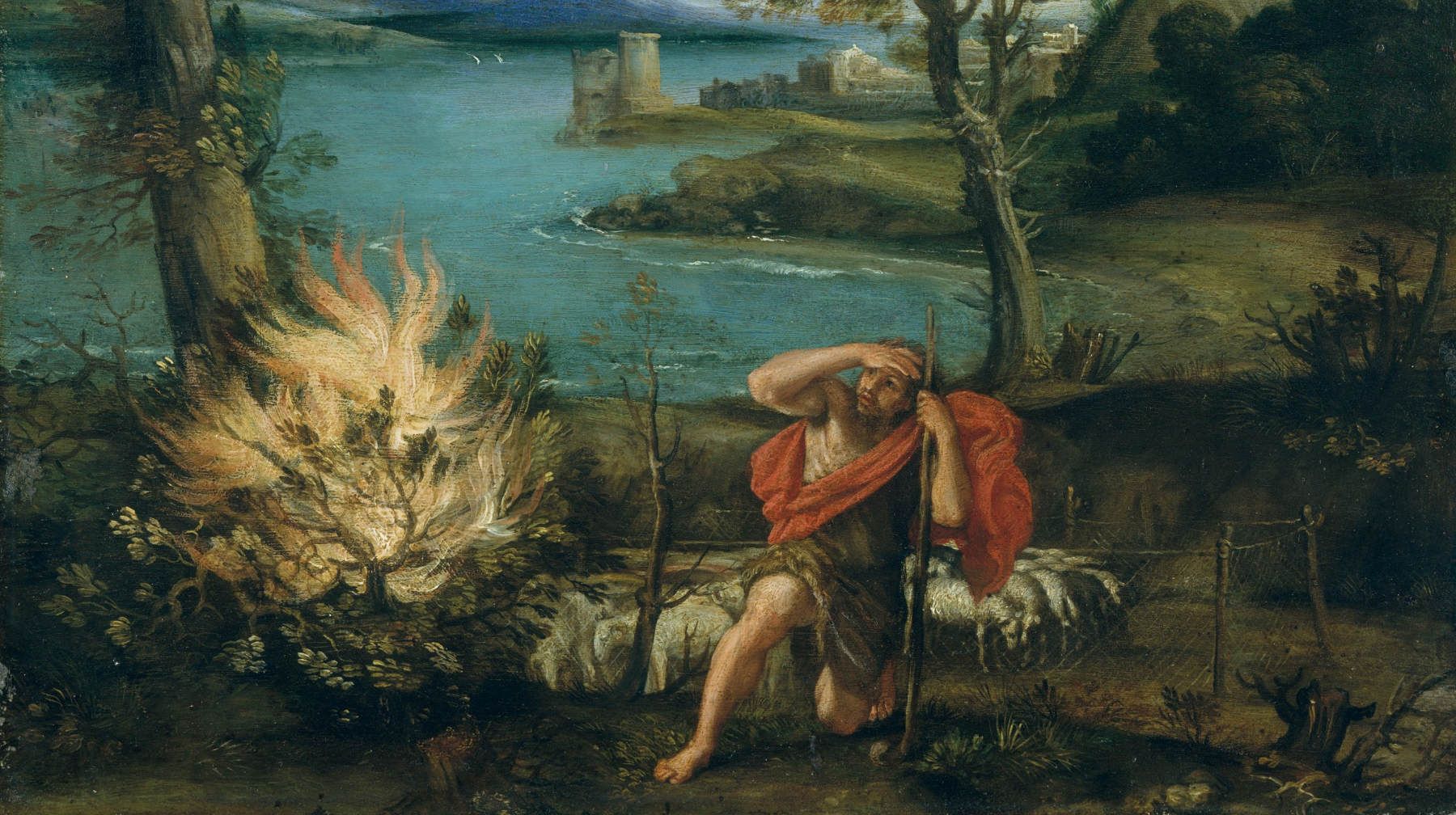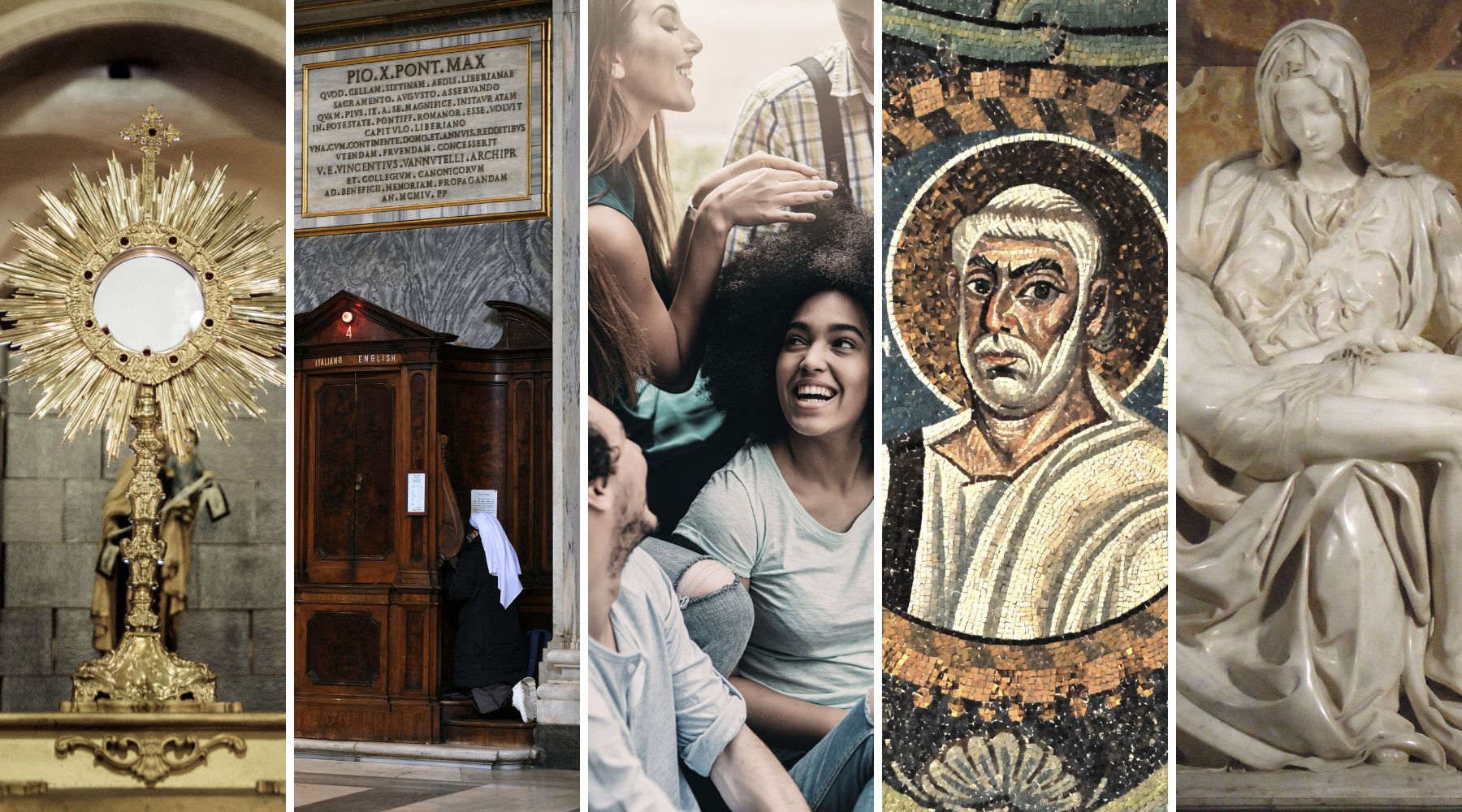
What is the purpose of your life? Life without a purpose is like a journey without a destination. In fact, "the unexamined life"—a purposeless life—"is not worth living," says Socrates.[1]
If you do not know the answer to the question above, St. Thomas Aquinas makes it easy for you. After showing that wealth, honor, fame, power, and pleasure do not bring true happiness,[2] he demonstrates that our ultimate happiness lies in seeing God face to face—in going to heaven.[3] Heaven is your final destination.
A pilgrimage is a reflection of our life's journey towards heaven. Such a journey involves traveling to a place that holds great significance to our faith. The primary purpose of a pilgrimage is to encounter God by stepping out of ourselves.[4] If you have purposes other than this one, you will be miserable. Worse still, you will disturb the entire group. A pilgrimage is not an excursion or shopping trip. It is an opportunity to encounter God by stepping out of ourselves.
What does it mean to step out of ourselves? It means leaving our comfort zone—our homes, social media, electronic devices, circles of friends, solitariness, and ordinary activities. But why should we do this? To encounter God. Where?

First, we encounter God through the sacraments, particularly the Eucharist and Confession. The Eucharist is the most significant part of our day: it is not something we do, but something God does for us. Confession, on the other hand, is a place where we receive God's judgment and mercy. I highly recommend going to Confession during the pilgrimage, even if you have done so beforehand.
Second, we encounter God through our fellow pilgrims. When we are in a state of grace, the Holy Spirit dwells within us. It is critical to treat everyone with kindness and respect since we are all God's children and one family. It is the very essence of being a family that gives meaning to the attitudes we should have and the rules we should follow.
Third, we encounter God through the saints. The saints are living gospels that offer examples of how to live as Christians today. They form a "luminous trail on which God passed through history."[5] Each saint has a unique story—the Blessed Virgin Mary, St. Peter, St. Paul, St. John the Evangelist, St. John the Baptist, St. Francis of Assisi, Blessed Carlo Acutis, St. Anthony of Lisbon, St. Ignatius of Loyola, St. Bernadette Soubirous, and the three Shepherds of Fatima. By visiting places related to these saints, we will learn that the Gospel of Christ is relevant in all periods of history.
Last, we encounter God through art. Everything that God creates is true, good, and beautiful. Beauty is something that produces joy when we contemplate it. Therefore, immerse yourself in the beautiful architecture, artworks, and music present in this pilgrimage. Beauty has the power to transform us and lead us to God. It is intuitive. It makes us realize the truth of our faith.
Your participation in this pilgrimage is not a coincidence. You are not here because you are holy, rich, sporty, or good at singing. Rather, you are here because God has a unique plan for you. Now, it is up to you to discover it.
Plato, Apology (38a5--6).
Aquinas, Summa Theologiae, I-II q.2.
Aquinas, Summa Theologiae, I-II q.3 a.8.
See Pope Benedict XVI, Address in Santiago de Compostela (November 6, 2010).
Pope Benedict XVI, Meeting with the Clergy of the Diocese of Bolzano-Bressanone (August 6, 2008).